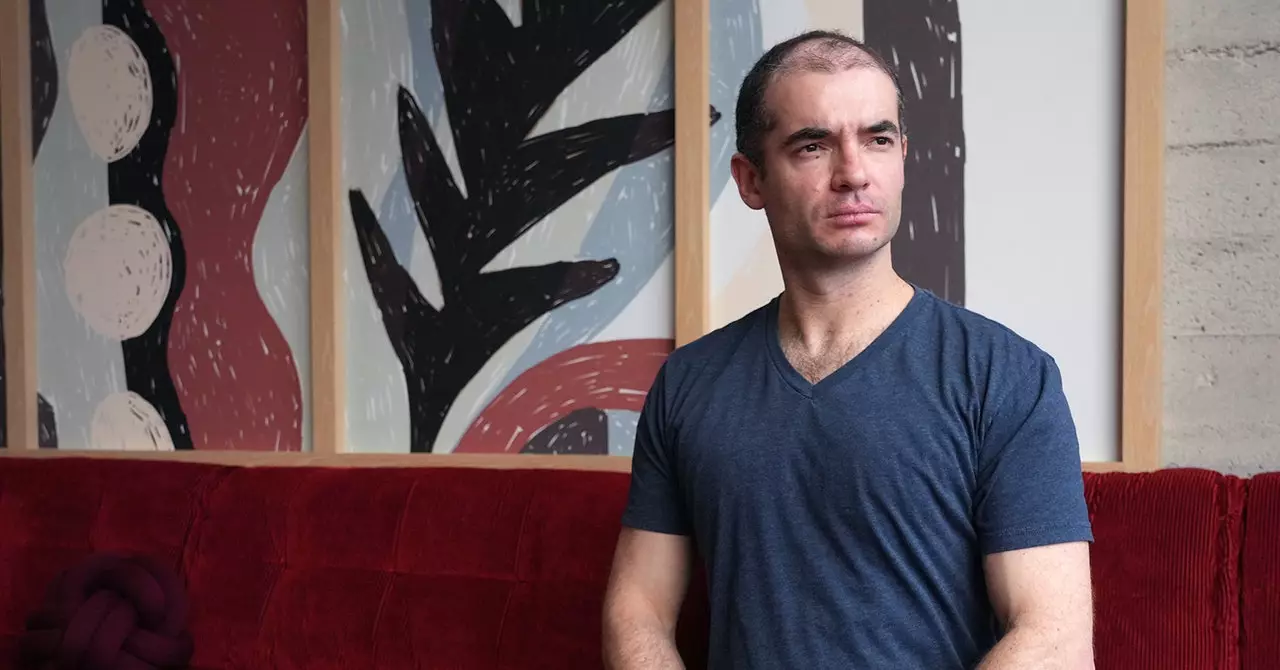OpenAI, a leading research organization in the field of artificial intelligence, has recently confirmed the disbanding of its “superalignment team.” This team was originally formed to prepare for the development of highly advanced AI systems that could potentially surpass human intelligence. The disbanding of this team comes after the departure of several key researchers, including Ilya Sutskever, OpenAI’s chief scientist and colead of the team, as well as Jan Leike, the team’s other colead.
Sutskever, who played a crucial role in the founding of OpenAI and the direction of its research, made headlines when he was one of the board members involved in the firing of CEO Sam Altman. This decision led to a period of turmoil within the company, with Altman being reinstated as CEO after a mass revolt by OpenAI staff. Following Sutskever’s departure, Leike also announced his resignation, further contributing to the shakeup within the organization.
The reasons behind the departures of Sutskever and Leike remain unclear, as neither has publicly commented on the matter. However, Sutskever expressed his support for OpenAI’s current trajectory in a statement, praising the company’s progress and reaffirming his confidence in its ability to develop safe and beneficial artificial general intelligence (AGI) under its current leadership. Despite this show of support, the dissolution of the superalignment team raises questions about the future direction of OpenAI’s research efforts.
In addition to the departures of Sutskever and Leike, there have been reports of other researchers leaving OpenAI for various reasons. Two members of the superalignment team were reportedly dismissed for leaking company secrets, while another member left the organization due to concerns about its handling of AI ethics and governance. These departures, along with the disbanding of the superalignment team, suggest a period of transition and reevaluation within OpenAI.
With the disbanding of the superalignment team, research on the risks associated with advanced AI models will now be led by John Schulman, who is responsible for fine-tuning AI models after training. This shift in leadership underscores the importance of addressing potential risks and ethical considerations in the development of AI technologies. OpenAI’s decision to restructure its research efforts reflects a growing awareness of the challenges and responsibilities associated with advancing AI capabilities.
As OpenAI continues to evolve and adapt to internal and external pressures, the organization faces a critical juncture in its development. The disbanding of the superalignment team signals a shift in priorities and a reevaluation of research goals. Moving forward, OpenAI will need to navigate complex ethical and technical challenges to ensure that its work remains aligned with the principles of safety and beneficence in AI development.
The disbanding of OpenAI’s superalignment team represents a significant development in the organization’s history. The departure of key team members, coupled with reports of other researchers leaving and a period of governance crisis, underscore the challenges facing OpenAI as it strives to advance the field of artificial intelligence. As the organization transitions to a new phase of research and development, it will be essential for OpenAI to maintain a focus on ethical considerations and responsible AI governance.


Leave a Reply